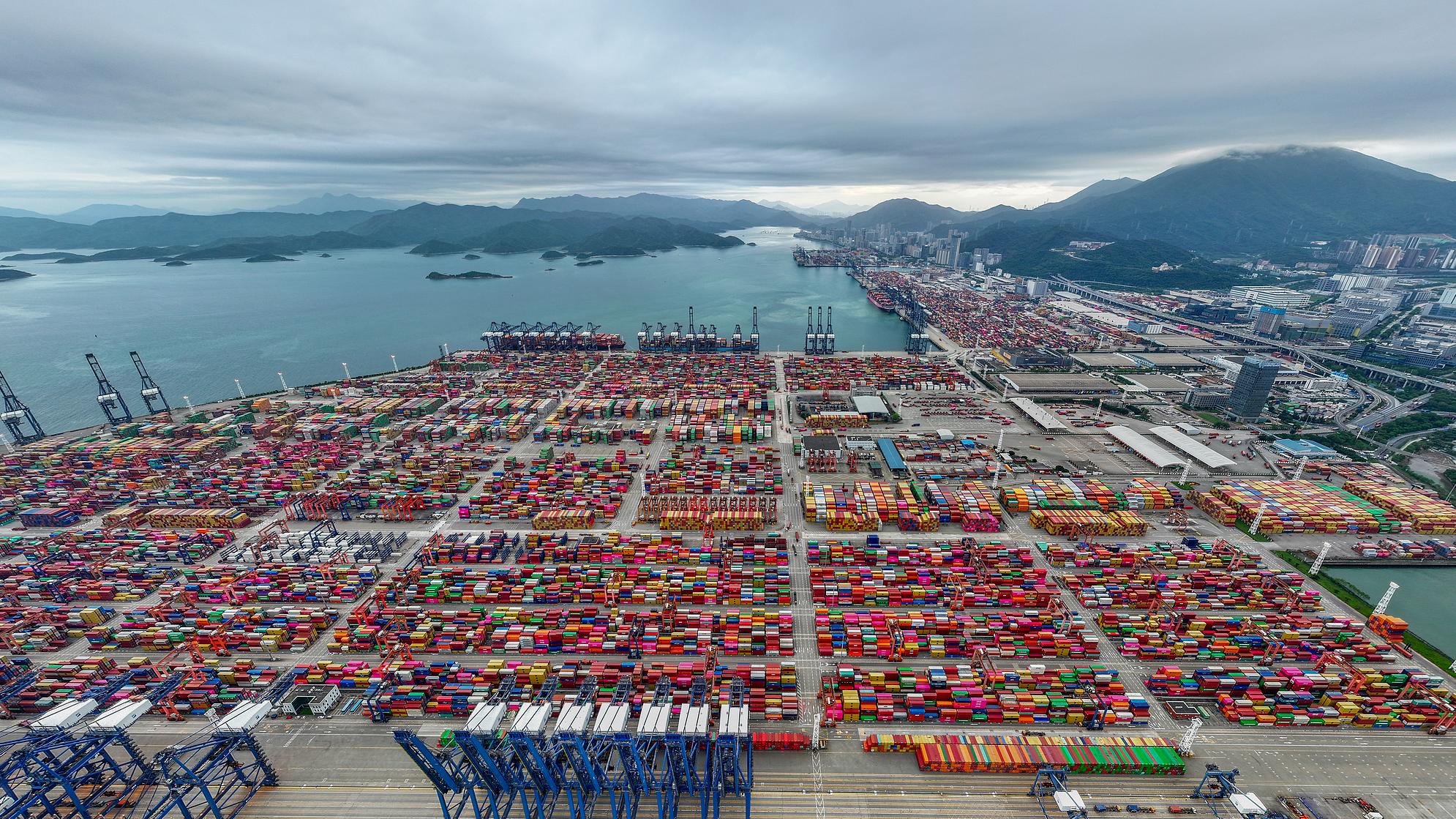


China fights back with export controls, 34% additional charge on U.S. imports
Beijing has announced an additional 34 percent tariff on all imports from the United States.
The new rates will come into force next week on Thursday.
The decision is on the heels of the U.S. tariffs targeting almost all of Washington's global trading partners.
Meantime, China has also listed 11 U.S. companies on its list of unreliable entities, and banned them from foreign trade and investment in China.
It has also placed 16 American tech companies and mid-to-heavy rare earth commodities under export controls.
China has filed a lawsuit with the World Trade Organization.
It calls the tariffs a typical act of unilateral bullying that threatens global trade stability.
The commerce ministry has launched anti-dumping investigations into U.S. and Indian exports of medical-grade CT tubes, widely used in hospitals around the world.
China's auto industry voices strong opposition to U.S. auto tariffs
Beijing has voiced strong opposition to Washington's additional 25 percent tariffs on imported vehicles and auto parts.
Calling the move a "blatant act of unilateralism," the China Association of Automobile Manufacturers said the U.S. move violates World Trade Organization rules and disrupts normal trade flows.
Noting that the auto industry is highly internationalized, the association said the import duties will transfer additional costs to consumers, and hinder the global economic recovery.
Major U.S. stock indexes post biggest daily drops since COVID
Global stock markets continue to plunge in the wake of the latest round of U.S. tariffs.
Asian and European markets extended their losses on Friday.
Tokyo's Nikkei sank for the second straight day by more than four percent.
Markets in Sydney, Singapore, Seoul, Wellington and Manila also fell.
Major U.S. stock indexes registered their biggest daily percentage drops since the COVID pandemic struck five years ago, as the tariffs fed fears of a global recession.
S. Korea's Yoon apologizes after court delivers ruling upholding impeachment
South Korea's Constitutional Court has upheld President Yoon Suk-yeol's impeachment over his short-lived declaration of martial law last December.
The unanimous ruling means Yoon is officially removed from office.
This paves the way for an election to choose a new president within 60 days.
Yoon apologized after the ruling, saying he is truly sorry and heartbroken that he was unable to meet the people's expectations.
Members of the South Korean public have expressed mixed feelings over the ruling.
China braces for travel surge during three-day Qingming holiday
China's three-day Qingming Festival holiday is bracing for a surge in travel demand, with the state railway expecting nearly 85 million passenger trips nationwide.
A recent survey indicates that 74% of the Chinese public plan to travel during the period. Short-distance bookings have surged by 136% compared to last year, with 44% of tourists opting for road trips.
The Qingming Festival falls on Friday this year.
Otherwise known as Tomb-Sweeping Day, it is traditionally an occasion for honoring ancestors and commemorating the deceased.
Beijing rejects Fitch Ratings downgrade, citing strong performance
Chinese authorities have said the country opposes the rating downgrade by Fitch Ratings.
The statement came after the rating company said it had downgraded China's long-term foreign-currency issuer default rating to 'A' from 'A+' with a stable outlook.
The Chinese Finance Ministry said the downgrade is biased and it does not reflect the actual situation in China.
The ministry said China's five-percent GDP growth in 2024 was among the best in major world economies.
It also said China is further building up advantages stemming from talent dividends, capital and technological progress.
